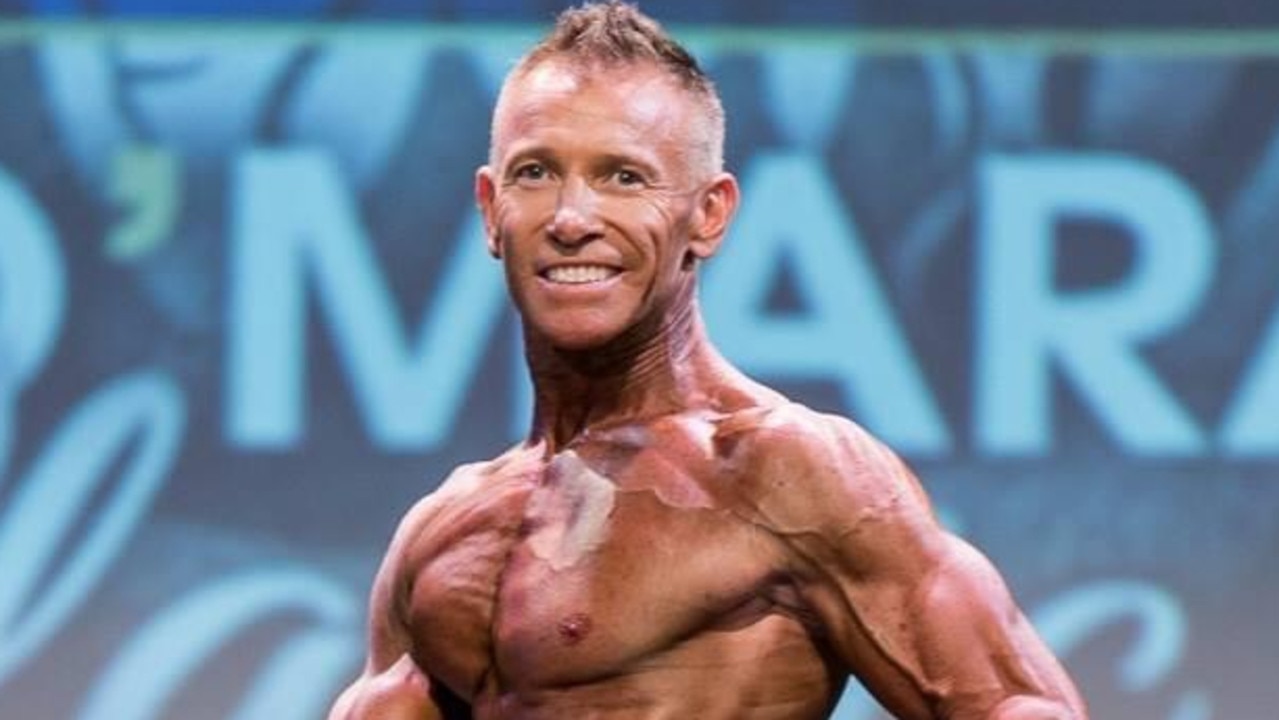Tom Minear: The fundamental flaw in the case against Donald Trump
The prosecutor taking on Donald Trump maintains it’s a “bread and butter” fraud case. But the indictment is undermined by one fundamental flaw, argues Tom Minear.
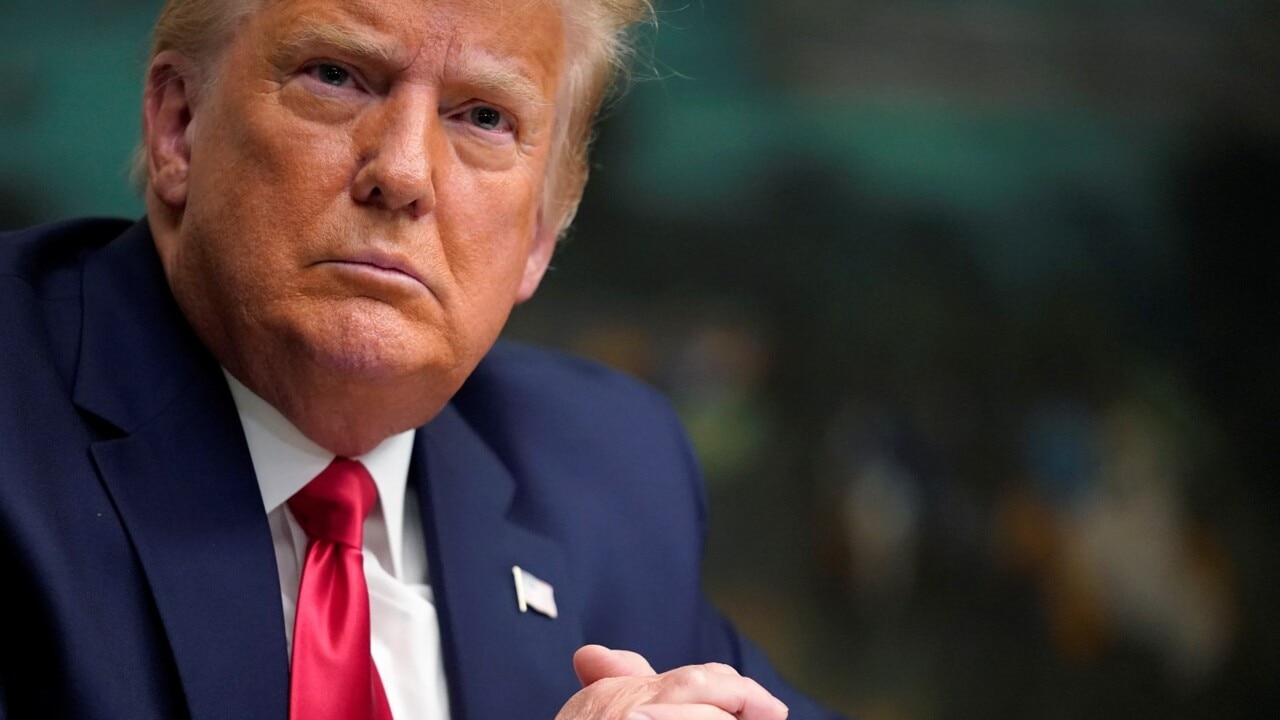
World
Don't miss out on the headlines from World. Followed categories will be added to My News.
Alvin Bragg, the first prosecutor in US history to charge a president with a crime, is adamant that his indictment of Donald Trump is a “bread and butter” fraud case.
“As this office has done time and again, we today uphold our solemn responsibility to ensure that everyone stands equal before the law,” he declared after a scowling Trump faced court.
Legally, opinions are mixed on the strength of Bragg’s indictment, to say the least. Politically, however, charging Trump is a home run for the Manhattan District Attorney – and that is his problem.
Bragg, like most local and state prosecutors here in the US, is elected by voters instead of being appointed by governments as we are accustomed to in Australia.
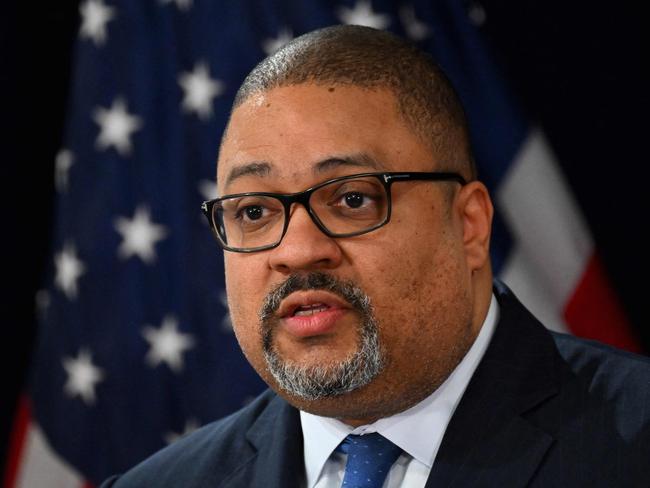
His victory in 2021 was based, at least in part, on his record of suing Trump more than 100 times. Bragg repeatedly reminded voters of that during the campaign, saying it demonstrated his ability to “hold people in power accountable”.
In an area where 86.74 per cent of voters backed Joe Biden in the 2020 presidential election – compared to 12.25 per cent who supported Trump – it was also nakedly popular.
Last week, when parts of Manhattan came to a standstill for the former president’s arrest, there was little sympathy for him on the streets he once called home. Elsewhere, however, Americans on both sides of the political divide felt the hush money case against Trump was more about playing politics than upholding the law.
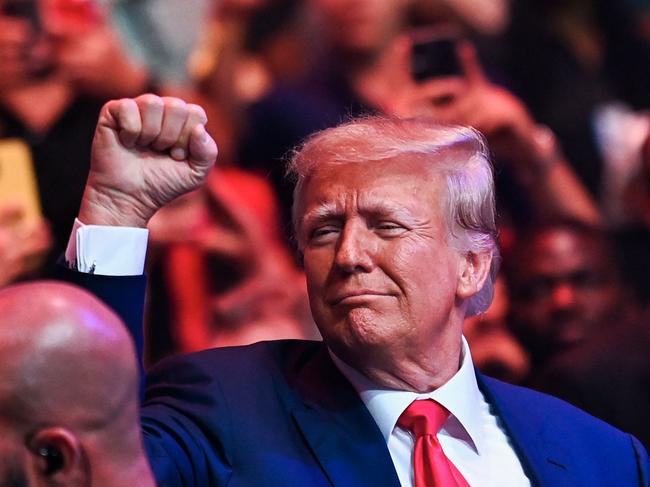
As an elected official, it will be impossible for Bragg to overcome that perception. Even if you do not accept Trump’s caricature of him as a “radical left” prosecutor bankrolled by billionaire donor George Soros, Bragg is hopelessly compromised by the politics of his position.
So too is New York Attorney Letitia James, who essentially declared war on Trump on the night she was elected in 2018, saying she would be “shining a bright light into every dark corner of his real estate dealings, and every dealing, demanding truthfulness at every turn”.
She is now pursuing him in the courts for fraudulently overvaluing the value of his assets. Trump says it is a “persecution, not an investigation”, and no matter the facts of the sweeping case, James’s campaign promise inevitably undermines her credibility.
In the eyes of an expat Australian, this makes electing judicial officials seem like a fundamental flaw in the US legal system.
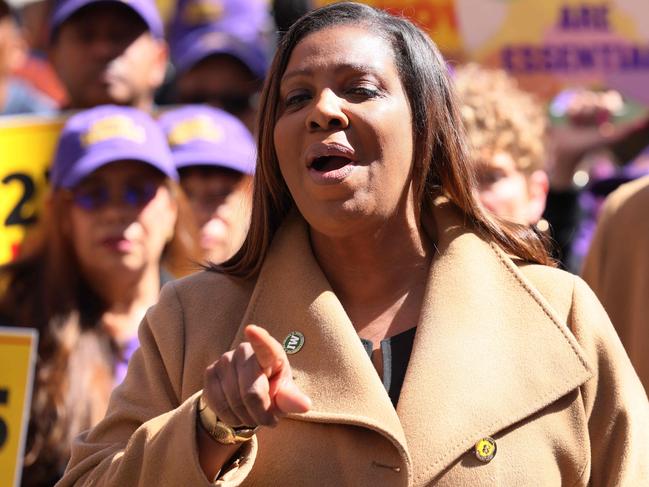
Most of us would not be able to pick anyone on the bench of our High Court in Canberra from a line-up, let alone our state director of public prosecutions. Their personal politics are not irrelevant – after all, they are appointed by governments with particular leanings. But if justice is supposed to be blind, then it helps for it to be delivered by those we do not see.
Perhaps I would feel differently if Australia’s courts had the influence they do here in the US.
Last Tuesday, as pundits debated the effect Trump’s arrest would have on next year’s presidential election, hundreds of thousands of Americans were voting in what was regarded as this year’s most important election: to choose a new Wisconsin Supreme Court judge.
About $60m was spent on the race – making it the most expensive judicial election in US history – which determined whether liberals could overturn the conservative majority that had controlled the court since 2008. In turn, the result was expected to decide the fate of the state’s abortion ban as well as gerrymandered legislative maps drawn up by Republicans.
The winner, Janet Protasiewicz, campaigned on her support for abortion rights and blasted the electorate boundaries as “rigged” and “unfair”. By being so open about her liberal politics, she was criticised for ignoring the nonpartisan conventions of judicial elections.
But with so much at stake, it would seem ridiculous for a candidate to deny voters transparency about their beliefs, at least from an Australian perspective where we would instead expect such issues to be debated and decided by those we elect to parliament.
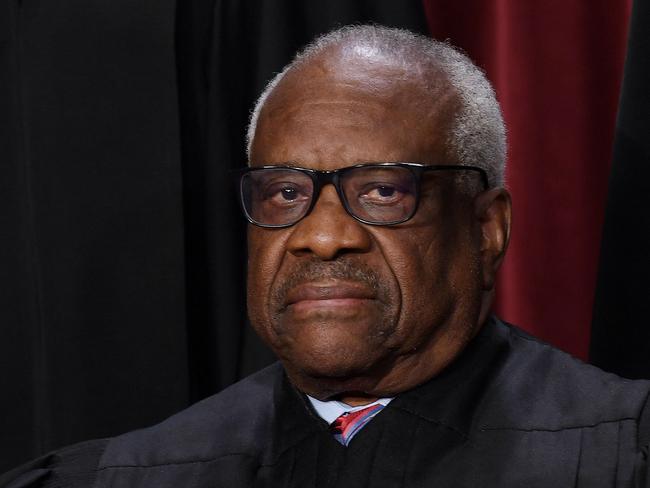
Speaking of transparency, it was also revealed last week that the US Supreme Court’s longest-serving conservative justice Clarence Thomas accepted luxury vacations in secret over more than two decades from billionaire Republican donor Harlan Crow, including travel on his private jet and superyacht and stays at his private lakeside resort.
The reaction was predictable: Democrats fumed about corruption while Republicans were unfazed. (Had it been Soros holidaying with a liberal judge, that script would have flipped.)
For his part, Thomas maintained he had not broken the rules because judges were not required to report “personal hospitality from close personal friends”. It was a brazenly indignant response, with no regard for how he allowed politics to taint the nation’s top court.
This time, however, voters will not get the final say – those on the Supreme Court bench are appointed for life.
Originally published as Tom Minear: The fundamental flaw in the case against Donald Trump
Read related topics:Donald Trump





